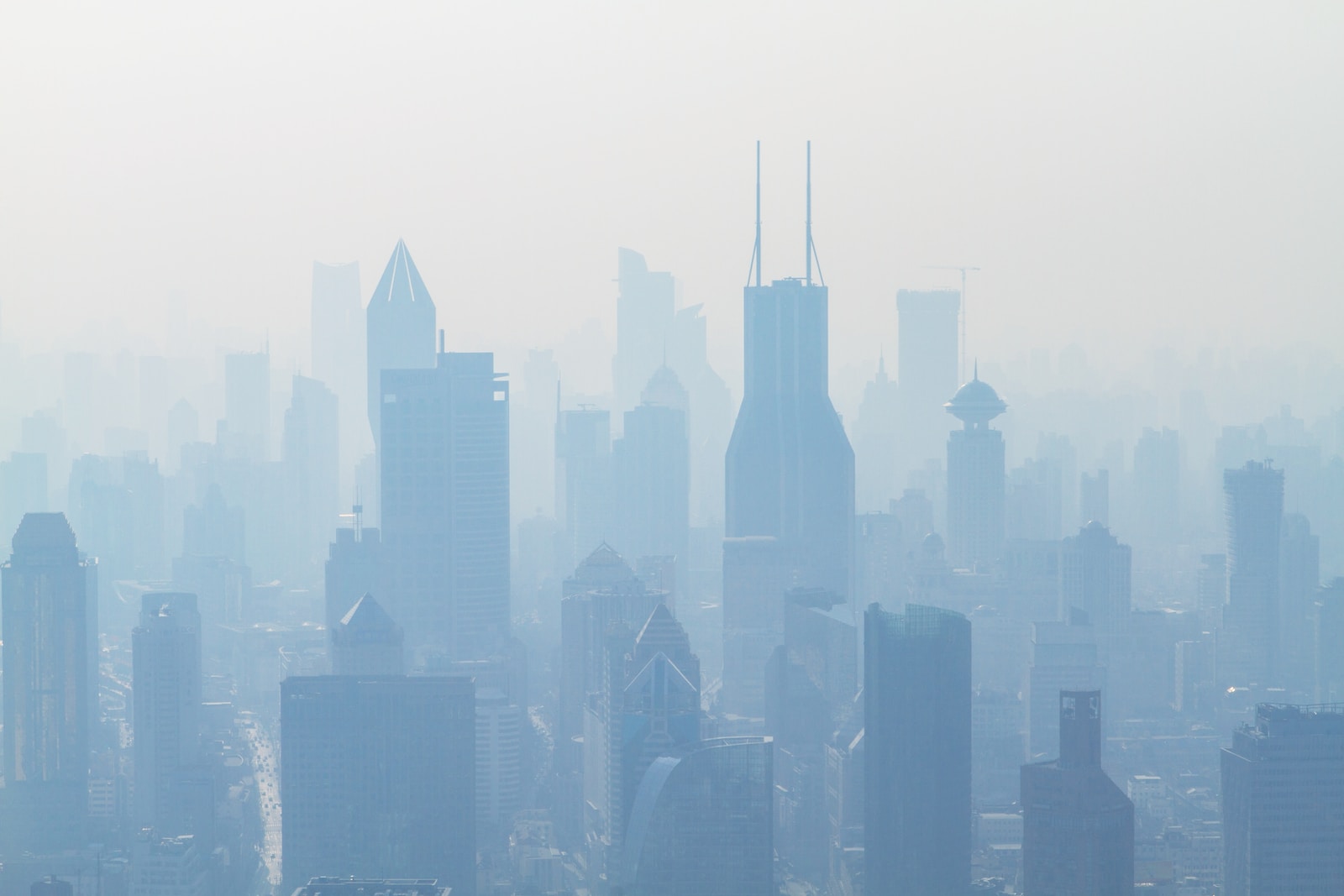Over 100 million people are under and air quality alert, you might want to change how you consume marijuana.
Canadian wildfires have exploded and hundreds of millions of Canadians and Americans are under an air quality alert. Eastern Canada, the northeast US from Virginia to Maine are blanketed with thick smoke. New York City is recorded as having the worst air quality in the world yesterday. Masks, closed windows on hot days and air purifiers are in demand, so maybe it is time to change up how you consume marijuana.
Joints and pre-rolls are the most popular form of cannabis use and represent a significant portion of sales. But smoking in an already comprised environment could cause short and long term problems that spoil the experience.

RELATED: Heat Waves And Weed: 5 Ways Summer Heat Can Affect Your High
“The particulate matter that’s in this haze is significant because it does irritate the bronchioles, or the small tubes that go down into your lungs and connect to the alveoli, which are the sacs that allow you to breathe,” Dr. Bob Lahita, director of the Institute for Autoimmune and Rheumatic Disease at St. Joseph’s Health, told CBS News. “That gets irritated in people without asthma, but if you have asthma, chronic obstructive pulmonary disease, congestive heart failure or anything that involves your lungs or even your heart, you should stay indoors.”
Smoking, be it cigars, joints, or cigarettes are irritants to the lungs. Smoked marijuana, regardless of how it is smoked, can harm lung tissues and cause scarring and damage to small blood vessels. With such current poor air quality, you are likely to have more coughing and hacking, definitely a downer for your chill. There are lots of way to consume marijuana including edibles and oils that can send you on the journey.
RELATED: Cannabis Basics: 8 Ways to Enjoy Marijuana Without Smoking It
Another example of the current atmosphere disruption is travel. Smoke from wildfires in Canada is a serious problem for airlines. It has created conditions that cause more delays than rain or fog, the Federal Aviation Administration said. That’s because airlines rely on advanced navigation systems on the planes and on the ground, according to the FAA’s Kevin Morris.


